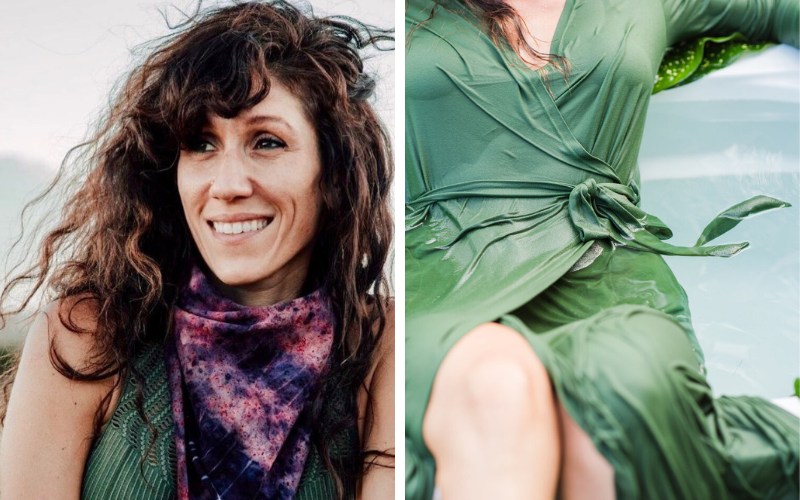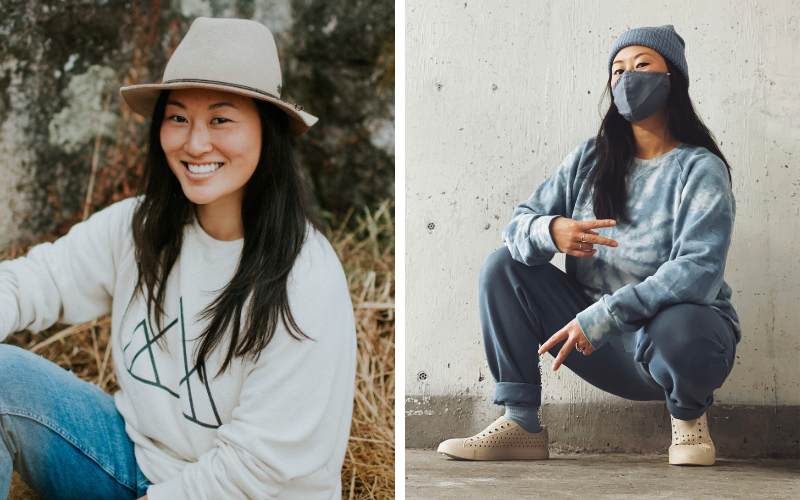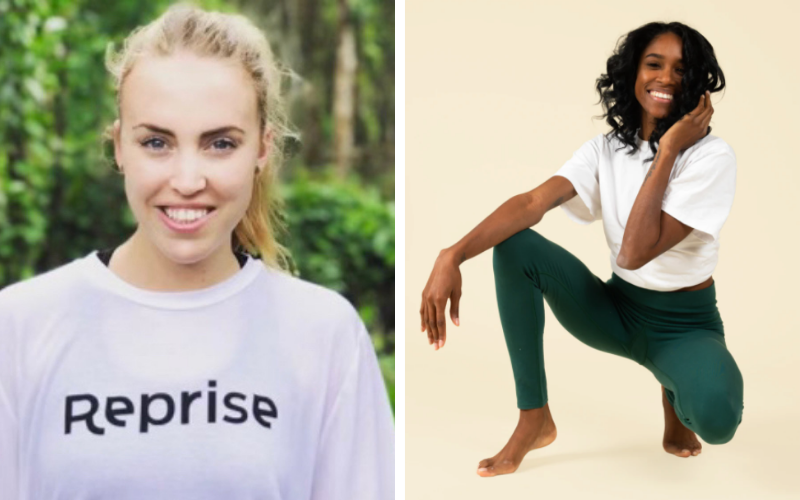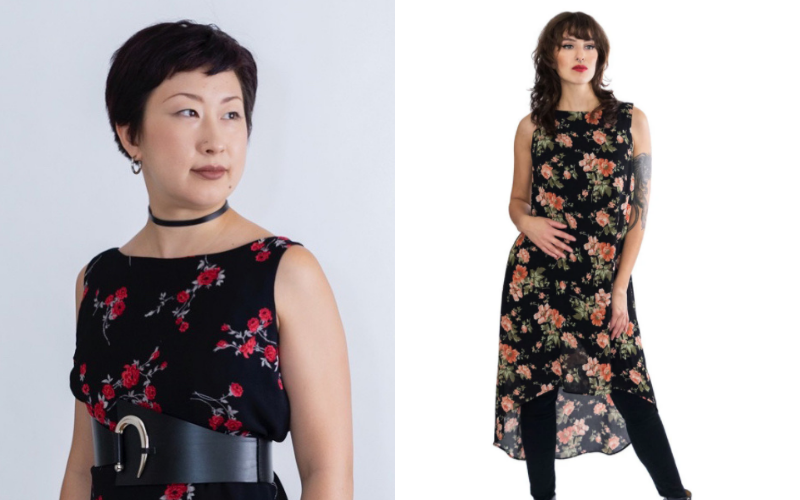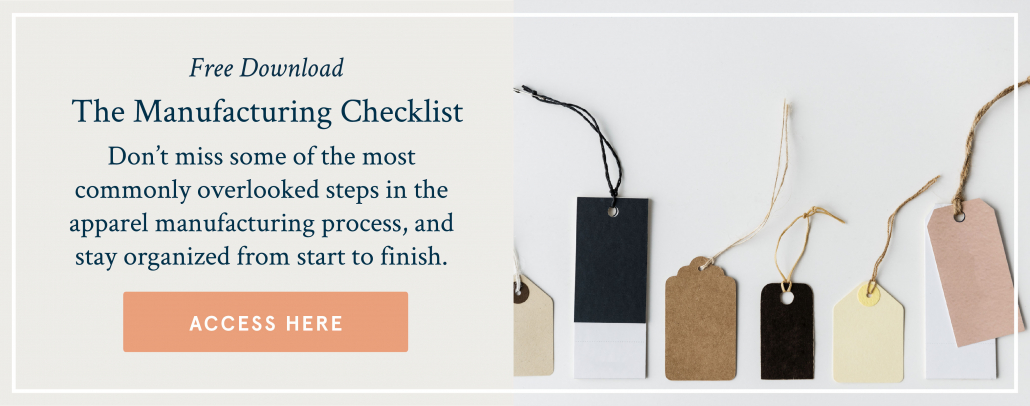How many Earth Day emails have you gotten today? Hopefully, a lot!
But here’s the thing, dedicating a day to the Earth doesn’t mean much without action.
And while fashion isn’t the most obvious choice to associate with “going green,” it is one of the biggest contributors to climate change…
Which makes our sustainability efforts in the fashion industry that much more important.
Will the small indie brands single-handedly solve the fashion pollution problem? No.
But they will, and have, put pressure on bigger brands while helping to educate consumers on why their purchasing decisions matter.
So, on that note, I asked four Factory45 Alumni to share how they “restore our earth” (the theme of this year’s Earth Day) through their sustainable fashion brands:
Imbued’s intention from the very beginning has been to use ‘slow fashion’ to support the restoration of our Earth. By setting high standards to use only organic fabrics grown by small farms, eco-consciously sourced plant dyes for fabric coloring, and offering limited collections, Imbued has made a commitment that almost no fashion brand is making.
Imbued’s botanically hand-dyed bandanas and Intention Setting Dye Kits are small but mighty solutions that support the Slow Fashion + Regenerative Farming movements. It’s a way to create more restorative conversations and actions that support our planet. Imbued’s bandanas and dye kits are for The Earth-Wise Human Who Knows…It’s not just a bandana, but a small act of radical change.
— Kristin Brown, founder of Imbued
Novel Supply Co creates comfortable, gender neutral apparel that doesn’t pollute the environment or harm the people making it.
We use all natural, organic materials and natural dyes and take our products back at the end of life to ensure they don’t end up in the landfill.
We source undyed, organic cotton and hemp fabrics from a Fairwear Foundation member mill and all apparel is manufactured ethically and locally in our hometown of Vancouver, BC. We only do small batch natural dyeing to ensure we minimize our impact on the planet as much as possible.
— Kaya Dorey, founder of Novel Supply Co.
Reprise makes plant-based activewear, aimed at reducing the amount of plastics in our workout clothing. Our approach for carbon neutrality is to offset our carbon footprint in our supply chain and have a mix of Reforestation, Renewable Energy and Community projects. We’re based in New York and we produce with local manufacturers. It’s really important for us to build that relationship with them and keep everything local.
— Mary Bemis, founder of Reprise Activewear
Check out Reprise featured on NBC News this week! Click here.
We restore the Earth through sustainable fashion by using natural fibers. We ensure that our clothing doesn’t contribute to plastic pollution by relying on sustainable and low-impact fabrics like Tencel. We also like to think we lead through example and help heighten awareness around conscious consumer choices.
Many people that are drawn to our aesthetic are also very aware of workers’ rights, environmentalism, supporting small business (especially women and BIPOC-led businesses) shopping local, and are willing to go the extra mile to do the right thing.
— Melissa Woods, founder of Trued Apparel
Happy Earth Day, everyone!


